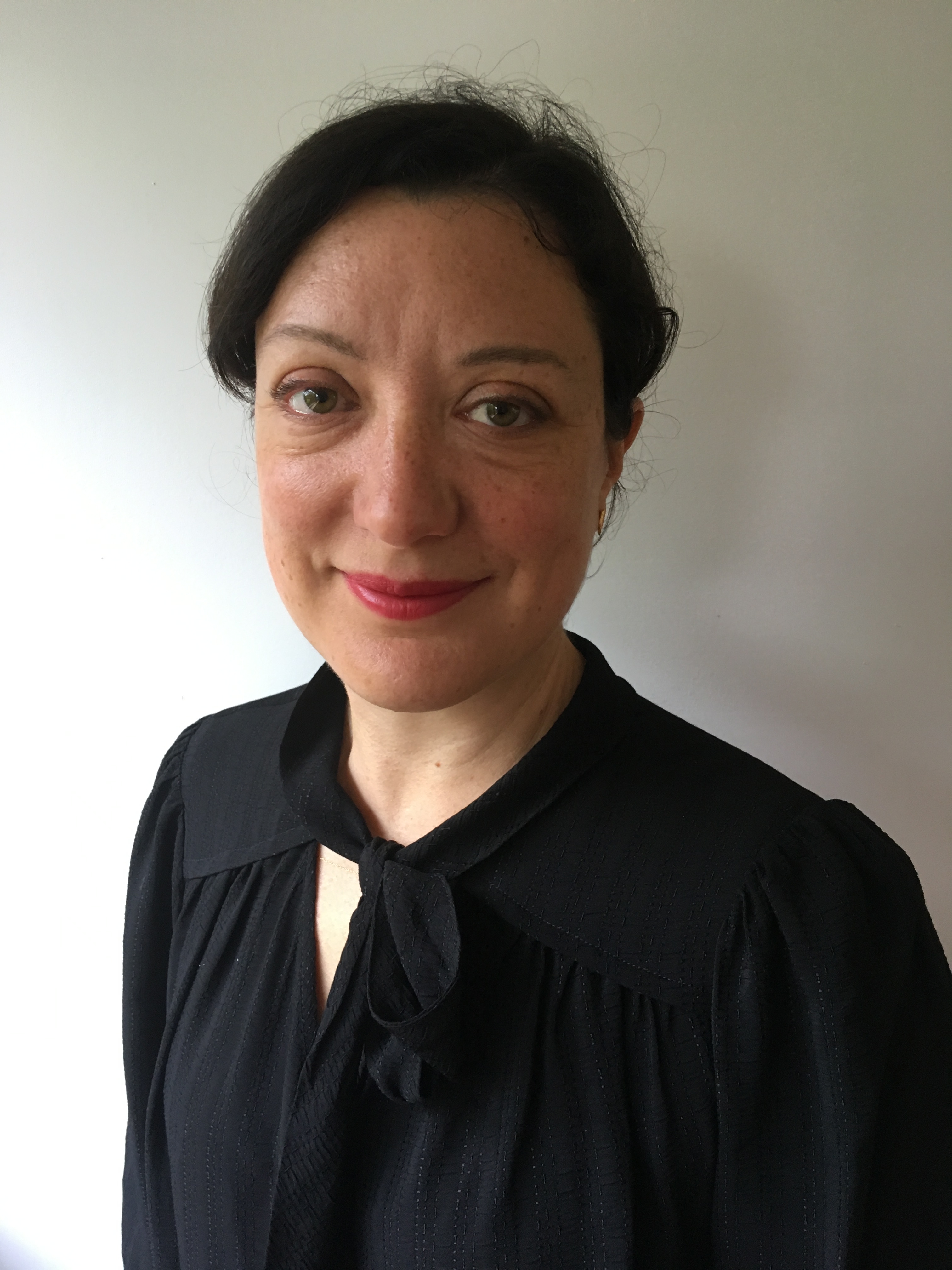Want to be a great project leader? You need to find your purpose

Leadership was the focus of the sell-out APM Women in Project Management Conference 2024, held in London in September. And who better to give the keynote speech than Natalie Campbell? The co-CEO of Belu Water, Campbell’s “project” to stand as an independent candidate for London Mayor brought many lessons in leadership.
Showing up with passion, every single day
Campbell summarised her approach to running for mayor in three words: “Pace, passion and purpose”. The swift pace was set early on: she had only a year to get 1.5 million Londoners to vote for her, and with just £5,000 to spend on the campaign.
While she didn’t become London Mayor, the project taught her many valuable lessons.
“I showed up with passion every single day, and I delivered against the purpose that was so important for me,” she said. “That is one of the things that makes me feel alive – that, even when it’s challenging, and even when things just aren’t working as we want them to, actually, there’s so much joy in that.”
The road to Hell
“I’m sure there have been times when you’ve been working on something and it felt like the road to Hell,” said Campbell. “But if you are showing up, creating momentum, being passionate about what you’re doing, and there is a clear purpose – anything is possible.”
One piece of advice she gave to aspiring leaders is to always take the opportunity to “look up and look out”.
“It’s really easy, when you’re in the middle of doing something, to keep your head down when things get tough as opposed to taking a step back and considering the different perspective this gives you.”
Joy in hard times
Campbell started her entrepreneurial career when she opened a retail franchise for a clothing brand called Morgan in Lancaster while at university there, running it successfully until the parent company went bankrupt.
“There’s joy in hard times when you realise that you did something important to you, something powerful for you,” she told the packed conference audience.
“It’s easy to give up. When the projects are getting hard, you keep your head down, but actually my purpose made me look up and out. What could I do to get back to the idea of being a CEO? Of making a difference? Of having fun and being free?”
She eventually set up an agency called A Very Good Company, which was about helping businesses put doing good things at the heart of what they do, before becoming CEO of Belu Water, which gives 100% of its profits to WaterAid, in March 2020, just a couple of weeks before the first COVID-19 lockdown in the UK.
As the company supplied hospitality businesses, its turnover went to zero. “I had to lean into what I knew… I looked up and out and said, ‘What can we do with all of these unknowns?’”
Learn from the things that go wrong
“The thing that we all have in common in this room,” said Campbell, “is that, on every single project that we work on that goes wrong, it’s uncomfortable, it’s challenging [but] it gives you a tool for your toolkit further down the line. Bank them, learn from them, understand them. Understand yourself, and your teams, in those moments.”
Campbell ended her keynote speech by asking the audience to “think about your own purpose in your own life… the thing that you come back to time and time again. What would it be?”
The pathway to leadership
A panel discussion on how to become a project leader followed Campbell’s keynote speech. It brought together Ijeoma Samuel, Director at Turner & Townsend; Donna Sinnick, Chief Programme Management Officer at Babcock International; Sarah Wilkes, Managing Director at Frazer-Nash Consultancy; and Carly Walters, Project Delivery Group Leader at the Defence Science and Technology Laboratory.
Again, being able to find and articulate your purpose emerged as an important theme for project leaders.
Walters said that feeling passionate about a role is important to her. She asked the audience to think about “what gets you out of bed in the morning – and find that in your job”. For her, it’s about people and project management. She works within an executive agency of the Ministry of Defence. It is a male-dominated environment; she is a working mum, there part-time, and “it can be quite scary”.
Having a plan and peer support has been key for her. Her advice? Believe in yourself.
“It’s terrifying and exciting at the same time, but I’m doing it,” she said, adding that it’s also critical to invest in yourself – to take time out to consider what is really important to you.
Wear your “big girl pants”
Sinnick also works in a male-dominated environment. She counselled the audience to “own yourself when you walk into the room, no matter what happens… Put your big girl pants on, and say, ‘Come on, let’s go!’”
Ask yourself whether you want to do something more and push yourself out there. Whether the answer is yes or no, that’s your decision – but trust your honesty and how you show up. She also advised taking ownership of what you can control – how you react to positive or negative feedback and criticism.
Sinnick also said that finding purpose and consistency in her work is critical for her, but the need that sits most uncomfortably for her “is to be liked, loved and respected – and not shying away from that”. Finally, she emphasised the importance of sponsorship from the right people – those who truly believe in you.
“It is absolutely vital,” she said.
Ask for what you need
“If mentorship is helping to open the right door, sponsorship is about knocking the door down and holding your hand through it,” said Wilkes. “You have a deep relationship with someone you trust.”
She added that it is important to be able to ask for what you need in order to be comfortable and have equity. Ask yourself: “What support do I need to be able to do that?”
Walsh explained that she has always had the inner self-belief to go after things that didn’t follow the normal path. That meant working hard and seeking out opportunities – and following the things that gave her energy and purpose and made her feel like she had achieved something.
“I love seeing people happy and successful, which is ultimately the job of a managing director,” she said.


0 comments
Log in to post a comment, or create an account if you don't have one already.